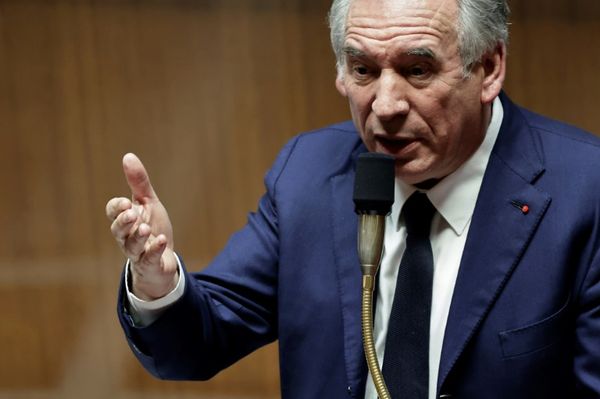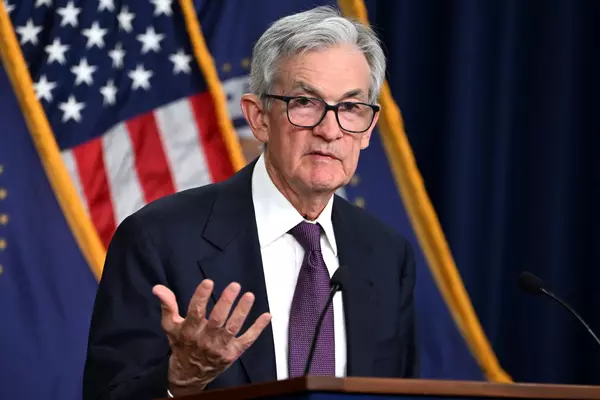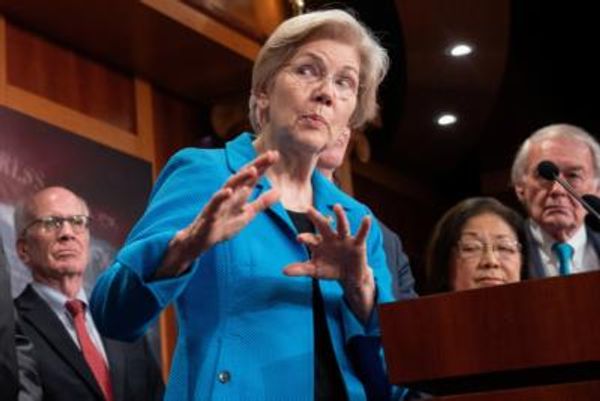Target Corp. (TGT) said Thursday that it will hire around 100,000 employees to support its holiday sales effort, adding it plans to offer early seasonal discounts as it continues to monitor inventory levels following an unwanted build-up earlier this year.
Target said its Target Deal Days event will begin on October 6, with a 'price-match guarantee' that extends until December 24, as it looks to capture a greater share of holiday spending that is likely to see shoppers seeking relief from the fastest domestic inflation rates in four decades.
Target also said it plans to hire around 100,000 seasonal employees, with starting wages between $15 and $24 per hour, a plan that contrast with only 40,000 seasonal additions planned at rival Walmart (WMT).
Deloitte's holiday retail sales forecast, published earlier this month, indicates overall holiday purchases will rise between 4% and 6% from last year to around $1.46 trillion, a marked slowdown from the 15% gains recorded over the same period in 2021.
"The holidays are a treasured time when our guests come together with family and friends to celebrate the joy of the season, and we're here to make that as easy as possible for them to enjoy," said Target's chief growth officer Christina Hennington. "That's why we're rolling out deals earlier than ever and ensuring our team is ready to help our guests shop when and how they want."
"Throughout the season, guests will discover new and differentiated items for gifting and gathering, including only-at-Target owned brands and must-have national brands, and they can expect great deals and everyday low prices at every turn for an unmatched holiday shopping experience,." he added.
Target shares were marked 2.8% lower in early Thursday trading to change hands at $154.26 each. Walmart slipped 0.5% to $134.08 each.
Last month, Target posted much weaker-than-expected second quarter earnings as deep discounts put in place to shift excess inventory ate into the big box retailer's bottom line.
Earlier this summer, Target had cautioned that its bigger-than-expected 35% build-up in overall inventories over the first quarter would trigger price cuts, adding that deeper discounts would be needed to shift the excess goods onto a customer base that was already pulling back on discretionary spending.
"While this decision had a meaningful, short-term impact on our financial results, we strongly believe it was the best path forward," CEO Brian Cornell said. "The extra inventory would have presented an ongoing burden to our supply chain and store teams as they face the distraction of working around it day after day."
"Instead of taking that path of position, our team chose a more decisive path, aggressively reducing the inventory we already owned and cutting back on receipts for the back half of the year," he told investors on August 17.







